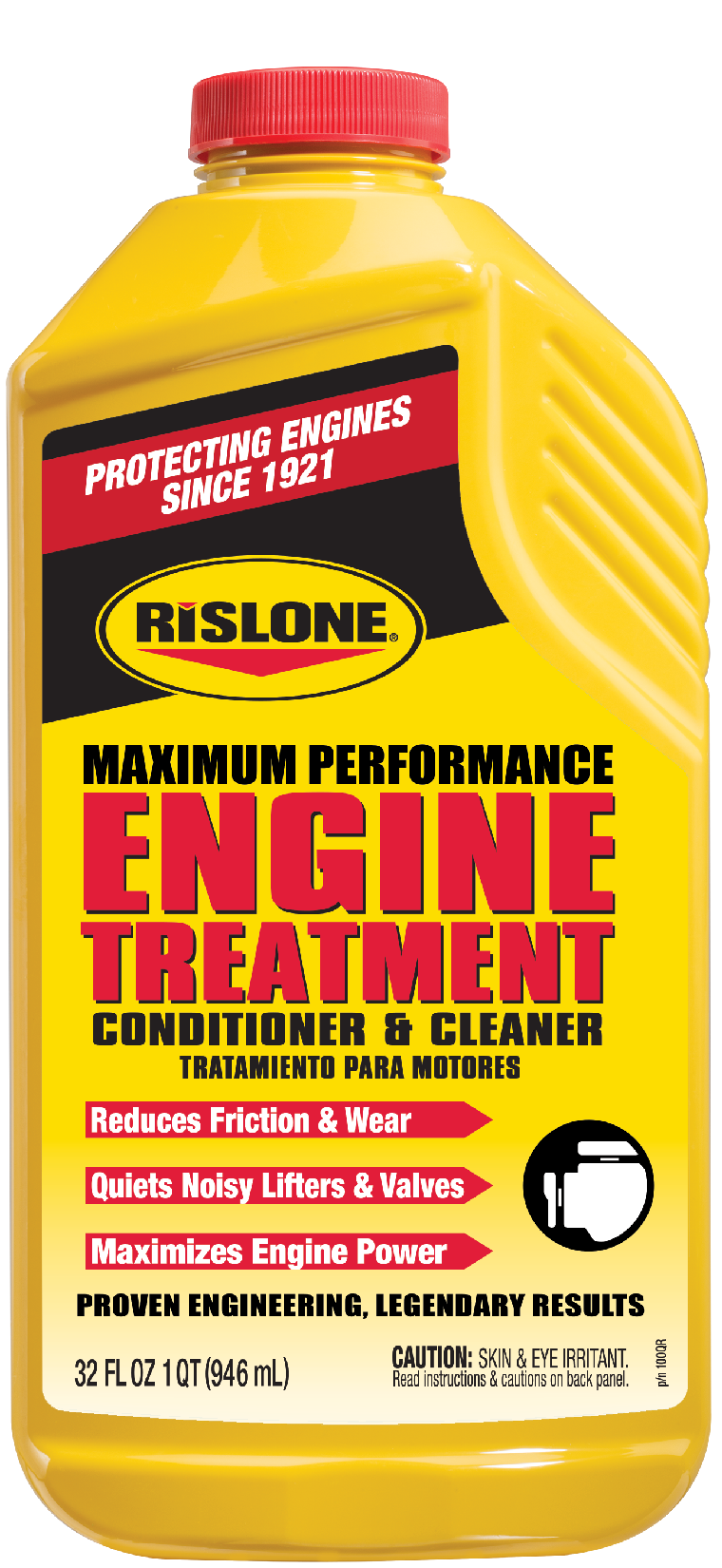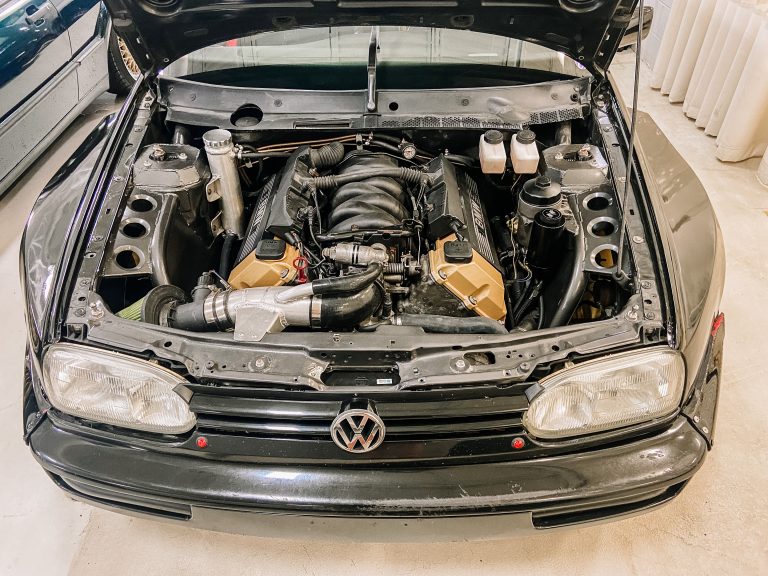Introduction
BMW cars are known for their luxury, performance, and longevity. However, in order to keep your BMW running smoothly and efficiently for years to come, proper and regular maintenance is crucial. By following some simple tips and guidelines, you can ensure that your BMW continues to deliver the ultimate driving experience and retains its value.
1. Regular Oil Changes
One of the most essential maintenance tasks for any car, including BMWs, is regular oil changes. Clean oil lubricates the engine and helps to prevent friction, heat build-up, and premature wear and tear. BMW recommends changing the oil every 7,500 to 10,000 miles, or at least once a year.
Benefits Of Regular Oil Changes:
- Improved engine performance and fuel efficiency
- Extended engine life
- Reduced risk of costly repairs
Make sure to use the recommended synthetic oil for your BMW model and year, as using the wrong type of oil can potentially damage the engine.

Credit: euobserver.com
2. Proper Tire Maintenance
Tires play a vital role in the performance, safety, and handling of your BMW. Regular tire maintenance ensures optimal performance and extends tire life. Here are some important tips:
Tire Pressure:
Check tire pressure regularly using a reliable tire pressure gauge. Underinflated or overinflated tires can affect fuel efficiency, handling, and tire wear. Refer to your BMW owner’s manual for the recommended tire pressure levels.
Tire Rotation And Alignment:
BMW recommends rotating your tires every 6,000 to 8,000 miles to ensure even wear and prolong their lifespan. Additionally, regular wheel alignments help maintain proper tire contact with the road, improving handling and preventing uneven wear.
3. Regular Fluid Checks and Changes
Fluids are vital for the proper functioning of your BMW’s various components. Regularly checking and changing these fluids ensures optimal performance and longevity.
Engine Coolant:
Check the coolant level regularly and top it up if needed. It’s recommended to have the coolant changed every 2 to 3 years to prevent engine overheating.
Brake Fluid:
Brake fluid should be checked regularly and changed every 2 years to maintain the braking system’s performance and prevent brake failure.
Transmission Fluid:
Regularly check the transmission fluid level and have it changed according to the manufacturer’s recommendations. This helps ensure smooth gear shifts and extends the life of your BMW’s transmission.
Power Steering Fluid:
Check the power steering fluid level periodically and top it up if necessary. If the fluid looks dirty or has a burnt smell, it’s time for a change.
4. Follow the Recommended Service Schedule
BMW provides a detailed service schedule in the owner’s manual, outlining when specific maintenance tasks should be performed. It’s important to follow this schedule and have your BMW serviced by a reputable mechanic or authorized BMW service center.
Regular servicing ensures that all components and systems are thoroughly inspected, maintained, and repaired if necessary. This helps prevent major issues and keeps your BMW running in top shape. It’s particularly important to schedule a comprehensive inspection before and after winter to address any maintenance needs.
5. Drive Responsibly
Driving habits can significantly impact the performance and lifespan of your BMW. Here are some tips to drive responsibly:
- Avoid aggressive driving, excessive speeding, and rapid acceleration
- Allow the engine to warm up before pushing it hard
- Follow the recommended break-in period for new BMWs to allow proper component wear-in
- Limit short trips as frequent short distance driving can lead to increased wear and tear
By driving responsibly, you can reduce stress on the engine, brakes, and other key components, ultimately extending the lifespan of your BMW.

Credit: rislone.com
Frequently Asked Questions For How To Maintain Your Bmw: Proven Tips For Optimal Performance
Q: How Often Should I Get My Bmw Serviced?
A: Regularly servicing your BMW every 10,000 miles or once a year ensures optimal performance and longevity.
Q: What Are The Essential Maintenance Tasks For A Bmw?
A: Routine maintenance tasks for your BMW include oil changes, tire rotations, brake inspections, and fluid top-ups.
Q: How Can I Keep My Bmw’s Exterior Looking Good?
A: Protect the exterior of your BMW by washing it regularly, applying a wax coat, and parking in shaded areas.
Q: Is It Important To Use Genuine Bmw Parts For Repairs?
A: Using genuine BMW parts during repairs guarantees compatibility and helps maintain the performance and value of your vehicle.
Conclusion
To maintain your BMW’s performance, reliability, and value, regular maintenance is essential. Following the recommended service schedule, performing regular oil changes, proper tire maintenance, checking and changing fluids, and driving responsibly will help ensure your BMW continues to provide the ultimate driving experience for years to come.






